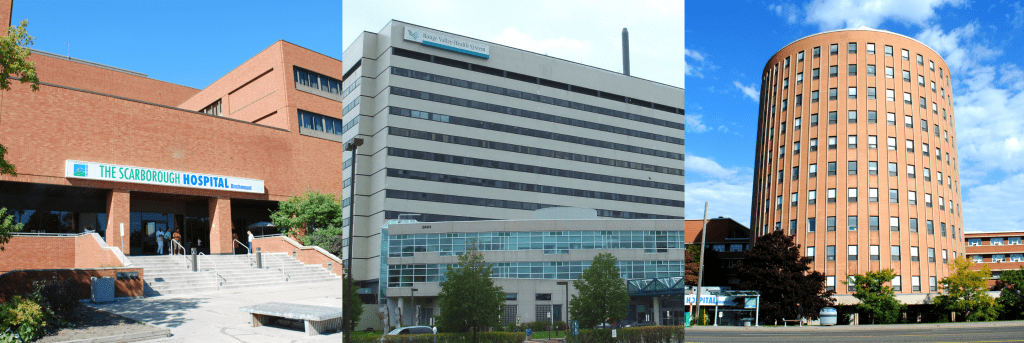
With some of the highest rates of chronic kidney disease (CKD) and diabetes in Ontario, Scarborough is home to a “diabetes hotspot.” SHN’s Nephrology department is the largest in Ontario, with some of the most highly regarded nephrologists and health care teams caring for our patients.
March is National Kidney Month, so we caught up with Dr. Paul Tam, the Corporate Chief and Medical Director of our Nephrology department, to talk about why our kidneys are so important, and how you can celebrate National Kidney Month.
1. March is National Kidney Month, and World Kidney Day is on March 11. What makes our kidneys so important and why is it critical to take good care of them?
The kidney is a very smart organ. It performs a lot of functions in our bodies like getting rid of waste and excess fluid in our bodies, creating certain hormones, controlling our blood pressure, and overall keeping our bodies in a state of homeostasis. Homeostasis means keeping our entire bodies in balance and keeping the status quo – that’s what our kidneys do.
Because of all the functions, when something goes wrong in the kidneys it can also affect other parts of our bodies. One important example is the function of our kidneys to remove salt from what we ingest so it doesn’t collect in our bloodstream. When we have a diet that’s really high in salt, our kidneys aren’t able to remove it all so it collects in the bloodstream and can lead to high blood pressure, kidney disease or diabetes.
The biggest cause of kidney failure is diabetes, and close to 60% of patients we see in our nephrology department already have diabetes. Diabetes, unfortunately, goes hand in hand with high blood pressure. High blood pressure when left untreated, can eventually cause heart attacks and strokes. That’s why it’s so important to take good care of your body and your kidneys!
2. SHN is home to the largest nephrology department in Ontario, and Scarborough is at the centre of a “diabetes hotspot.” What types of factors make Scarborough so vulnerable to chronic kidney disease (CKD) and other chronic diseases like diabetes?
Scarborough has the second-highest number of diabetes patients per capita in Ontario. A large contributing factor is the fact that we have a high number of new Canadians who come from backgrounds that are genetically predisposed to diabetes, such as South Asians and African Americans.
We have also observed that eating more processed foods that are high in calories – but not necessarily nutritious – can be a huge factor in putting you at risk for diabetes or chronic kidney disease. Unfortunately, since Scarborough has a large number of people living in low socio-economic status, they don’t have as much access to nutritious, fresh, whole foods, leading to a diet high in fast or processed food.
The combination of genetic predisposition to diabetes, co-morbid issues like high blood pressure and an unhealthy lifestyle, and low income, are some of the largest contributing factors to the high instances of diabetes and CKD in Scarborough.
3. Nephrologists aren’t perhaps the most well-known type of doctors. Can you tell us a little bit about what you do, and what inspired you to become a nephrologist?
When I was an intern in medical school in Hong Kong, during my nephrology rotation I looked after a young man who was exactly my age suffering from kidney disease. At the time, treatment for kidney failure was expensive and new so it wasn’t a luxury afforded to everyone. Since this man was young with no dependents, he wasn’t considered a high priority for treatment so got what we called intermittent peritoneal dialysis. This means that only when his kidneys failed to the point where he couldn’t breathe or walk, we would admit him and do this type of dialysis that removes excess fluid through the abdomen and get rid of the waste that his kidneys couldn’t.
Then, once he recovered enough to breathe and walk, we sent him home. Only for his condition to worsen enough to need treatment, and the cycle would continue until he eventually passed away.
This young man made an impression on me, and I thought how terrible it was that he couldn’t receive continuous treatment. I thought this is something very worthwhile to do, and when I finished my medical training in Toronto I specialized in nephrology and performing kidney transplants. Back then, I thought kidney transplants were the ultimate treatment because you get a brand-new kidney! However, now we’re focused a lot more on prevention and treatment so kidney transplants are a last resort. I feel very lucky to have been a part of the launch of SHN’s dialysis program in 1996, to now leading the largest nephrology department in Ontario.
4. SHN offers hemodialysis and dialysis for patients with CKD, and the need for these treatments is only growing within Scarborough. How has access to these treatments been impacted by the COVID-19 pandemic?
There’s been a strain on dialysis availability ever since I started working in Scarborough nearly 40 years ago. The need of our community has unfortunately always been higher than what our small and aging facilities can provide, resulting in crowded areas. Since our launch in 1996, we have been continuously petitioning to expand our capacity to treat our community. I am excited that we are finally in a position to begin expanding our dialysis and CKD programs significantly.
COVID-19 luckily didn’t affect our patients’ ability to receive treatment, however we faced challenges because Scarborough saw some of the highest COVID-19 cases in Ontario during wave one and wave two. We would have vulnerable dialysis patients coming back and forth into the hospital, which sometimes saw COVID-19 outbreaks. This experience highlighted our need for appropriate dialysis isolation units, and now we’re on our way to prepare for the future as we work to expand our dialysis units.
5. You’ve been with SHN for close to 40 years now. What’s your favourite part of Scarborough Health Network and the diverse community that we serve?
Working at SHN I’ve been extremely lucky to have open-minded and receptive Senior Leadership Teams through the years. They’re always receptive to new and innovative ideas about how we can better treat our patients and change the health tangent in Scarborough
As for Scarborough – I’ve always seen us as the underdogs, the ones no one really thinks about. But we have shown time and again that we are a resilient, passionate community who will always stand up for one another. I am thankful to have worked in this community for as long as I have, and for the team at Scarborough Health Network who continues to support our work in caring for our patients.
To learn more about National Kidney Month visit kidney.ca. To support Dr. Tam and dialysis & diabetes care at SHN, visit SHNFoundation.ca/Donate.

